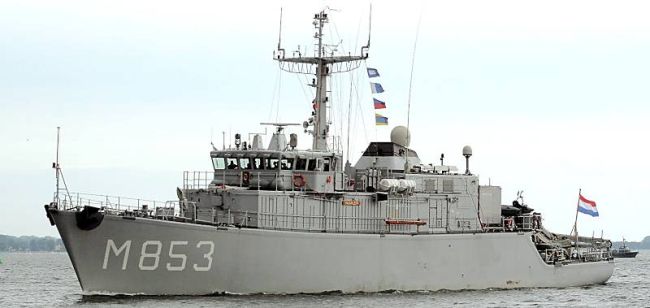The skills and expertise of Special Forces are valuable assets to NATO operations. But whereas Special Forces are often seen as a national prerogative, the transatlantic Alliance also has a NATO Special Operations Headquarters (NSHQ) where Special Forces work together.
 |
| NSHQ Source: NATO |
Located at SHAPE Headquarters in Mons, Belgium, the NSHQ was set up to coordinate NATO’s Special Operations and to optimise the employment of Special Forces. It has one of the most diverse multinational compositions within NATO. NATO Partnership for Peace (PfP) member Austria and the NATO ‘contact country’ of Sweden have also recently assigned personnel to the NSHQ.
“The main advantage of the NSHQ is to bring all SOF — Special Operations Forces — nations from NATO and from partners together to sit around the table and to promote and improve the national SOF capabilities and to assure interoperability. The capability to work together like in Afghanistan currently,” says Colonel Fritz Urbach.
Although the majority of what the NSHQ does is at the strategic and operational level, the NATO Special Operations Headquarters is also the place for training and education. At their training facility at nearby Chièvres Air Base, Special Forces from NATO and partner nations train together.
Niek, a Dutch Marine Corps Major and course member at the NATO SOF School explains, “You work with the same process and you get taught on the same method, so everybody is aligned. It is an advantage when you run up to each other in theatre, you will recognise each other, you know each other and you have the same procedures and the same background.” Connected Forces
By connecting the different forces, the NATO Special Operations Headquarters creates a network of Special Forces people who train together and who know and trust each other. Once they deploy on a multinational operation they can build on a trusted relationship. Building this Special Forces community is a key element, according to Colonel Fritz Urbach.
“We try to build this human network, not only on the commanders’ level, but also on the operators’ level,” says Colonel Urbach. “ And everybody who has attended one of the courses in Chièvres Air Base is automatically part of the SOF network where he can keep contact with his course mates, exchange information and stay updated,” he adds.
Last year the NATO Special Operations School had almost 1000 graduates. And with a total of 2500 graduates so far, NATO’s Special Operations Network is steadily growing.
Source:
Allied Command Operations
NATO

 von
von 